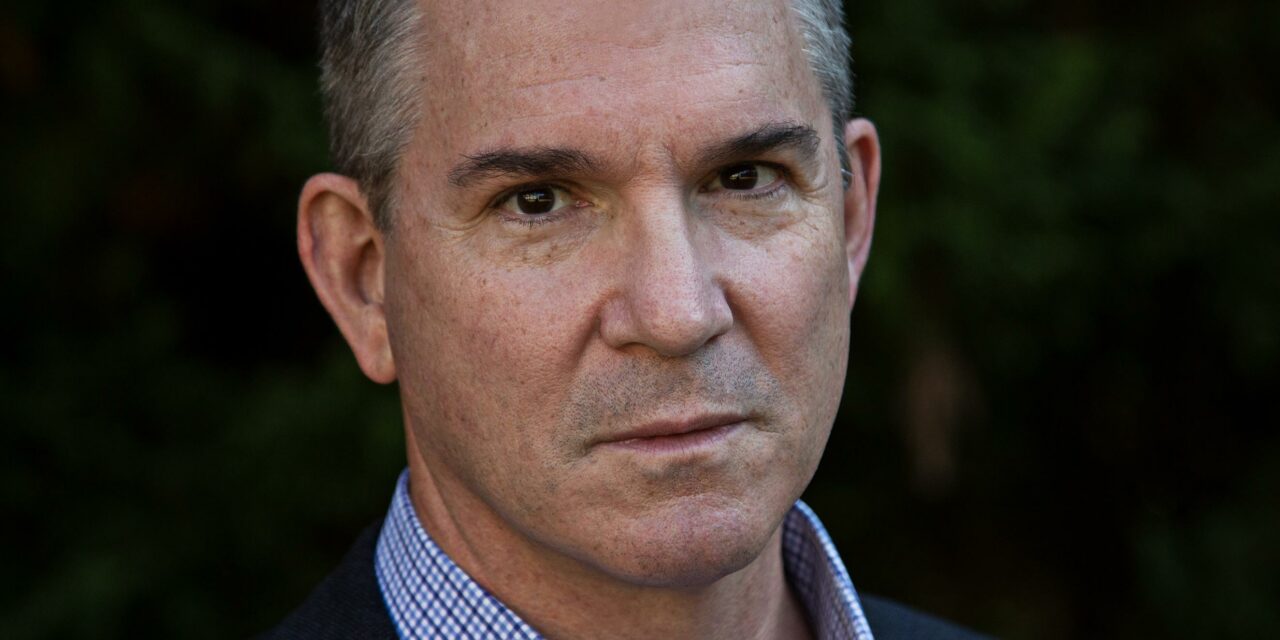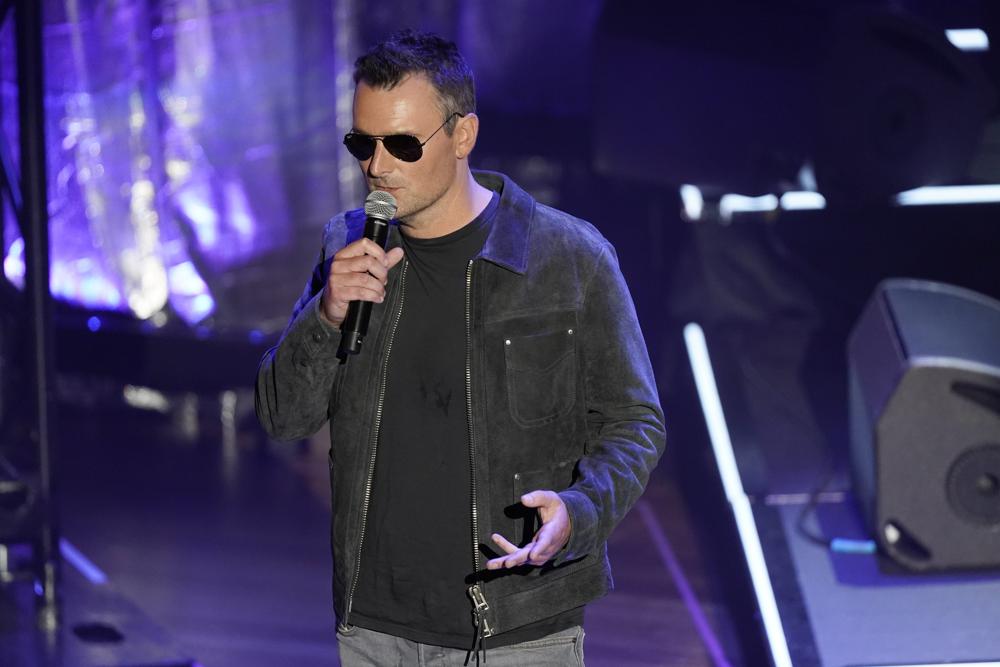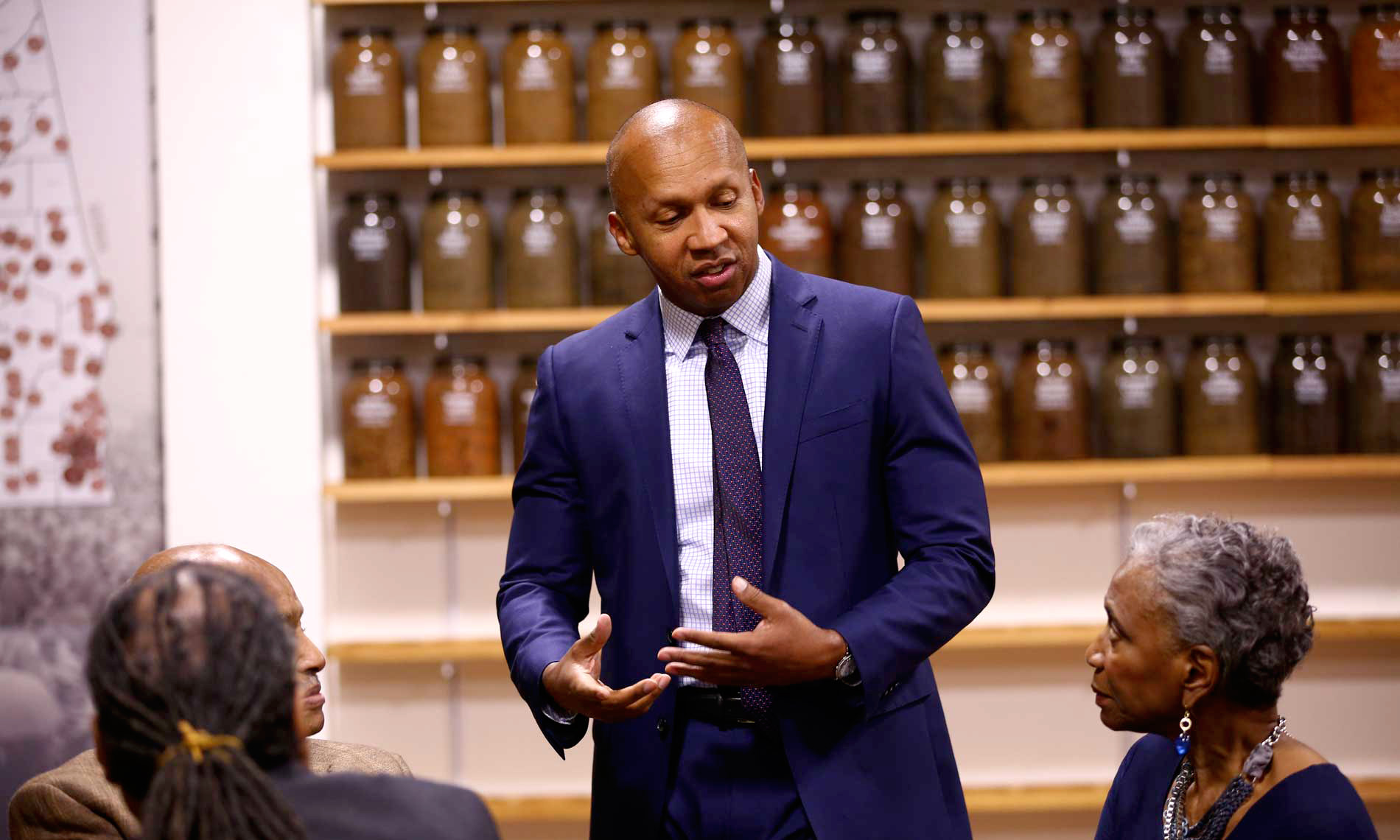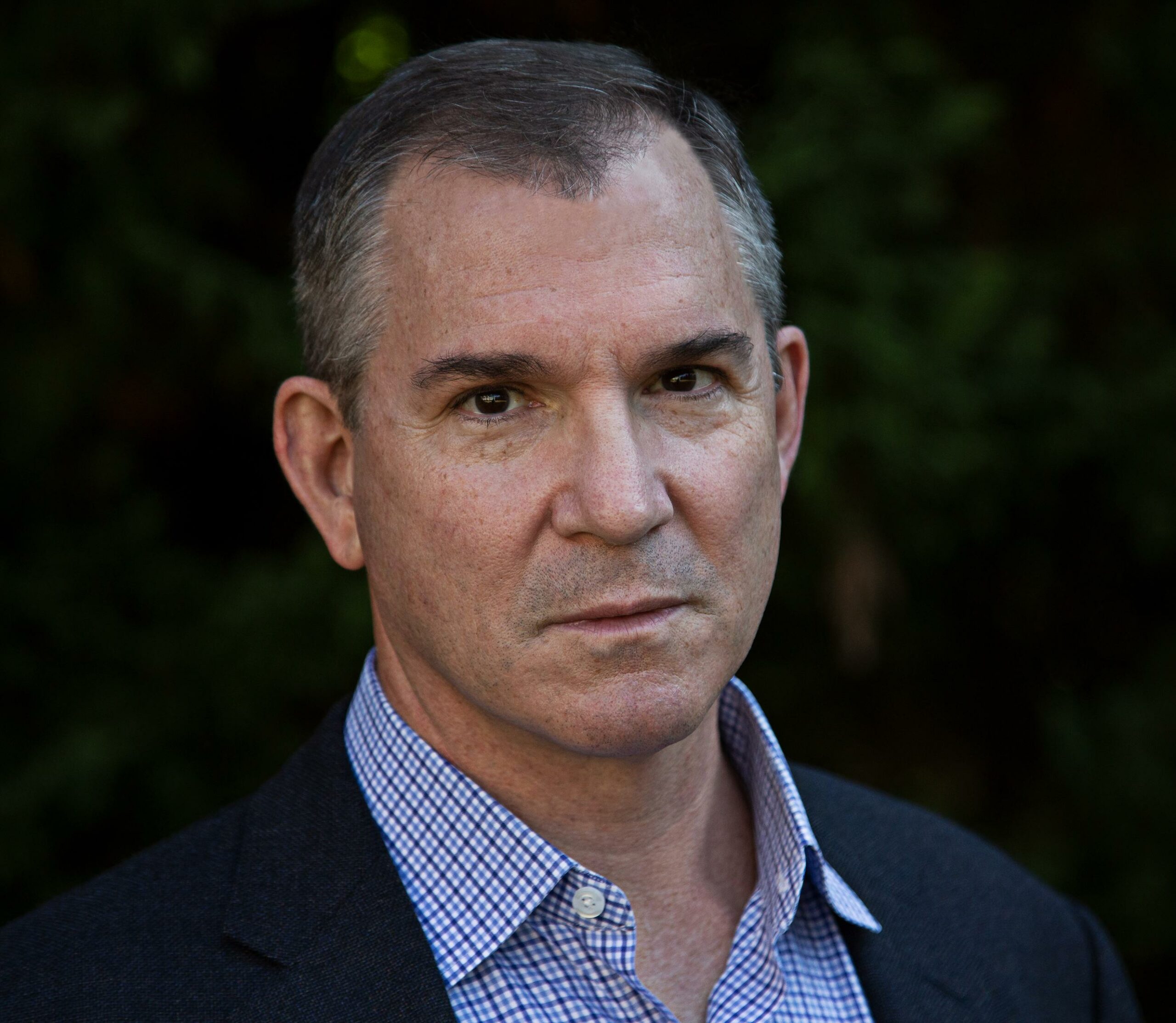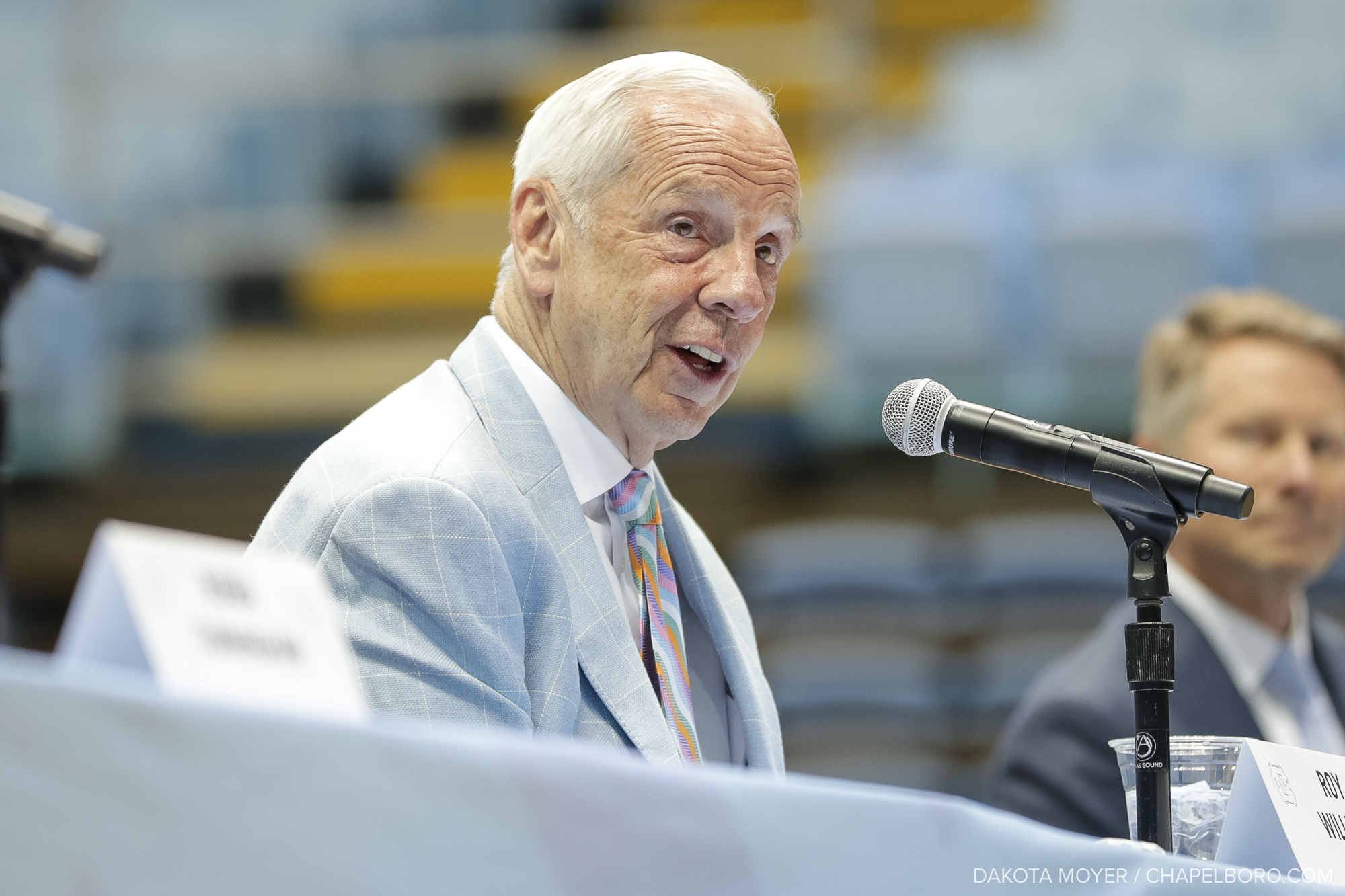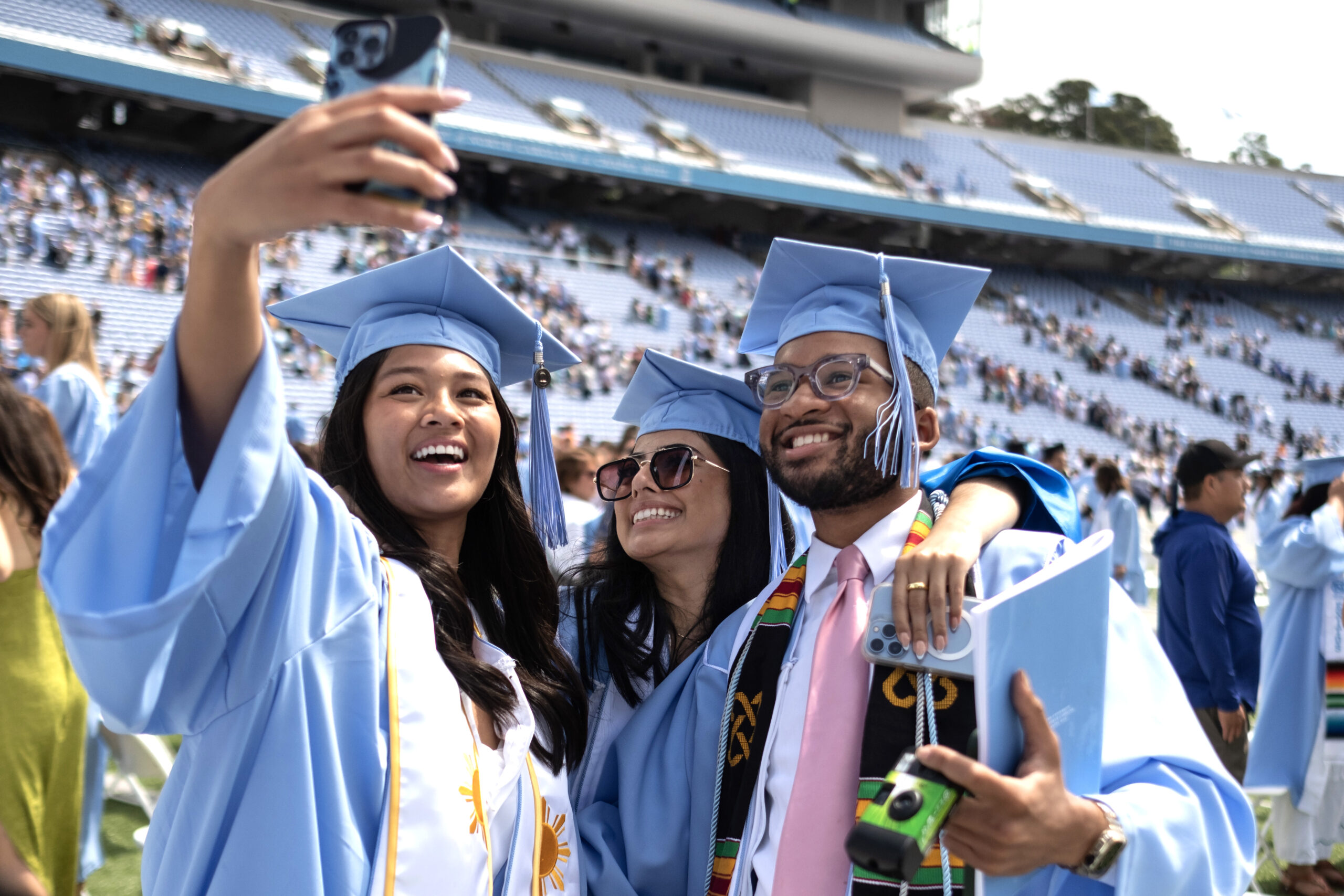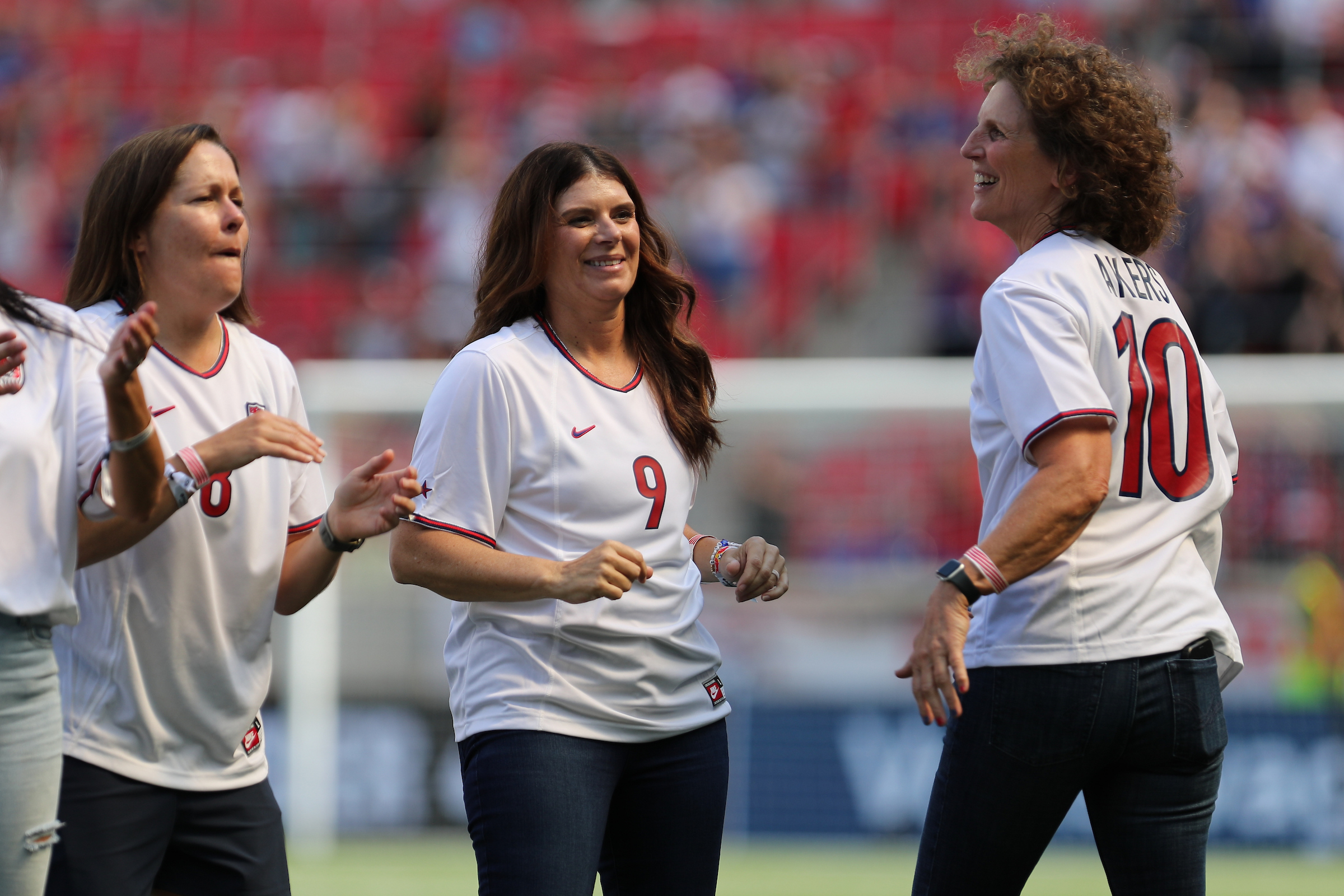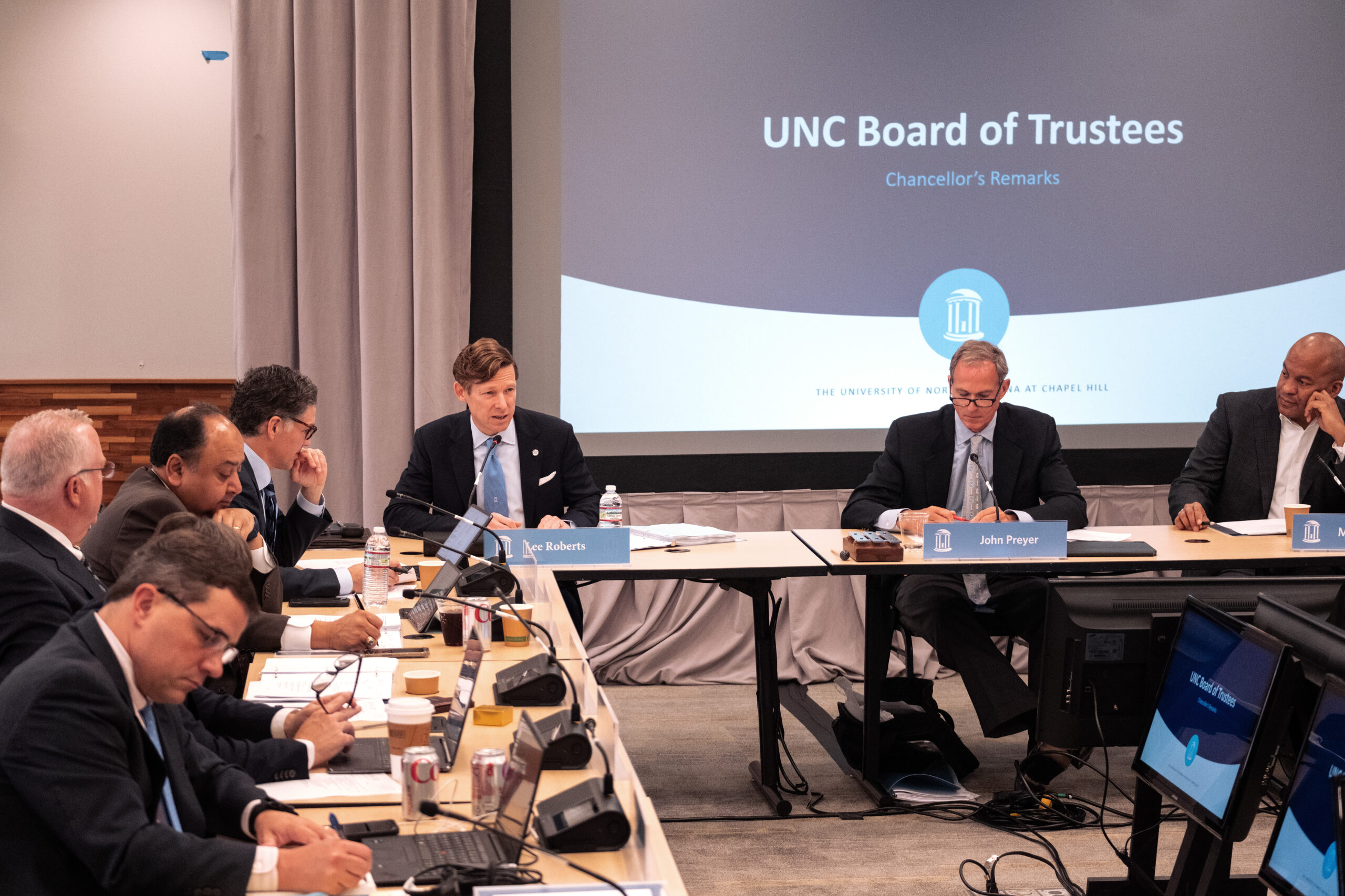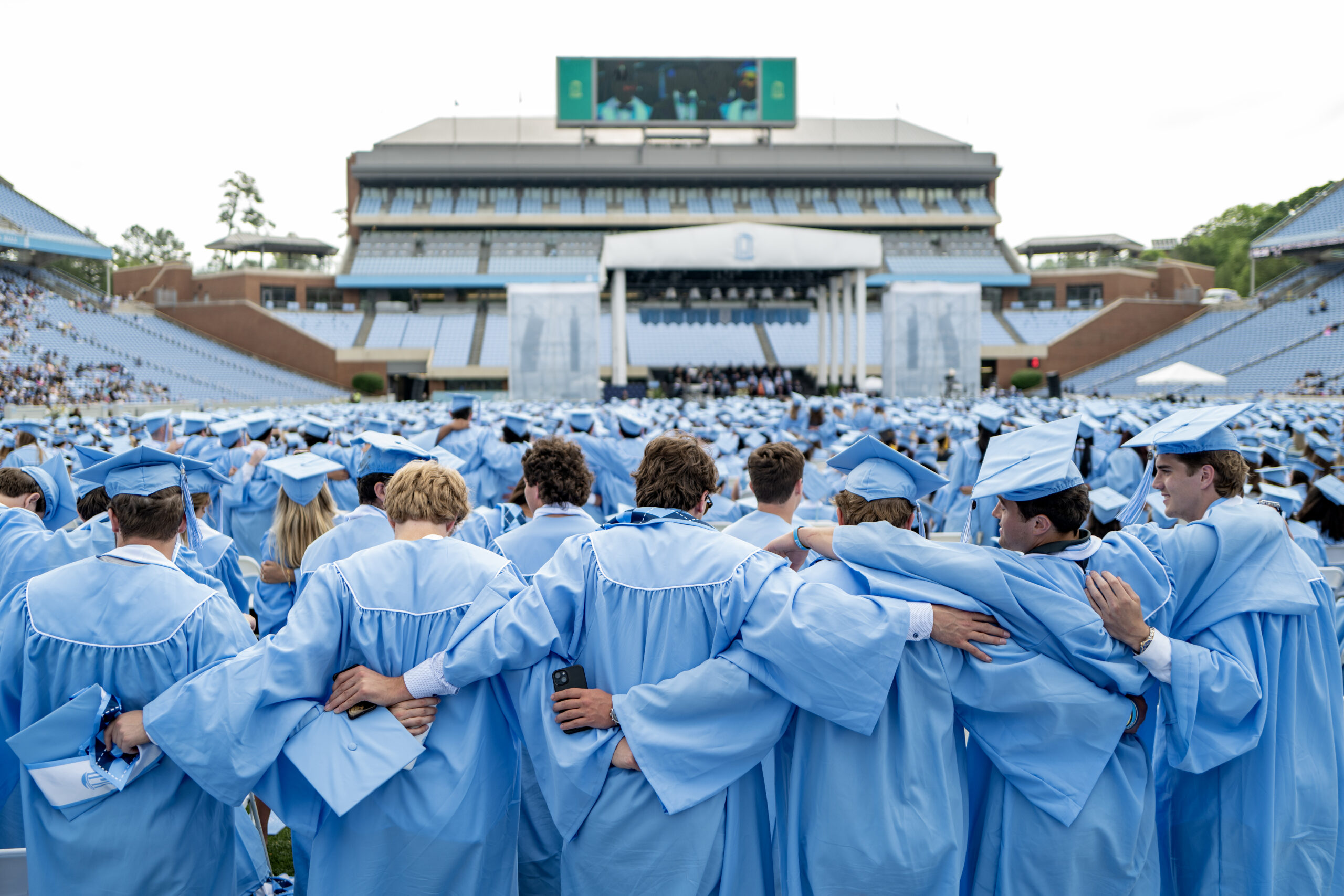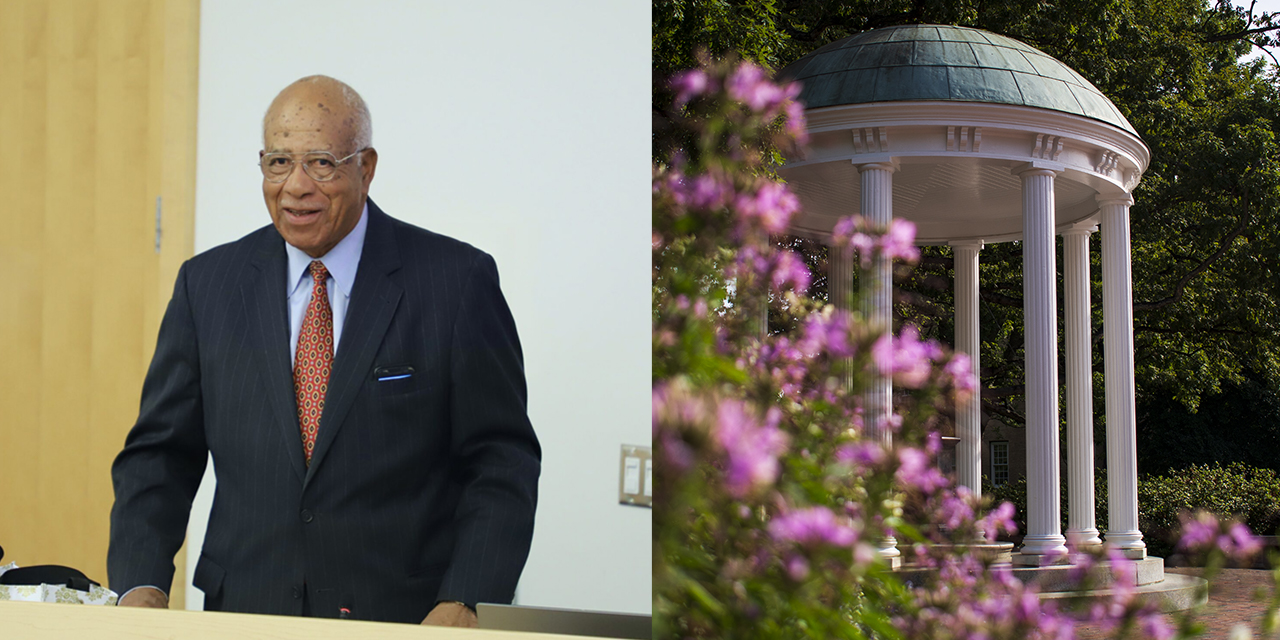UNC’s commencement ceremony is Sunday, May 8, starting at 9:00 a.m. in Kenan Stadium. This year’s commencement speaker is author Frank Bruni, a 1986 graduate of UNC. Bruni had also been slated to deliver the commencement address in 2020, before that ceremony was called off due to the pandemic.
Since then, Bruni has published a new book, The Beauty of Dusk, about lessons learned from a personal brush with partial blindness.
97.9 The Hill’s Aaron Keck spoke with Bruni this week.
Listen to their conversation.
Aaron Keck: It’s a very specific thing to be asked to deliver a commencement address. What is the specific feeling when Chancellor Guskiewicz comes to you and says, we want you to do this thing?
Frank Bruni: Honestly, the feeling is – um, did you run out of other options? <laughs> I’ve given a couple of commencements, not a crazy number of them – but each time, I thought, wow, you know, I wouldn’t choose me. I’m really grateful and flattered that you did, and I’ll try to do a good job for you, but the feeling is really one of humility. Like, “wow, this is a surprise.”
Keck: I know you did record something for the students in 2020 – what (was) your message in 2020 and how does it compare to today? Is it completely different? Is it similar?
Bruni: I think my message in 2020 might have been similar to the one I’m giving now. It grows in part out of things that have happened in my life in the last four years – things that had begun to happen then – and it relates that to what students have been going through and will go through. (But) it’s probably changed a little. I have a few words for them about the pandemic and how I think they should think about the pandemic, which obviously disrupted their college educations, their college experiences in a real way. And I think I see that more clearly (now) and can help them look at it in a certain way than I would have in 2020, when we didn’t know how long lockdowns would last, we didn’t know how long the disruption would be. We were really just at the front edge of what turned out to be a singular chapter in modern American life.
Keck: To what extent, when you’re sitting down to write a speech like this, do you try to make it specifically timely to what graduates are going to be facing in the summer of 2022? And to what extent do you try to make the message more timeless?
Bruni: In this case, I think I’ve tried to make the message more timeless – although that sounds really grandiose. But I – you know, I didn’t want to ground it too much in (current) events, beyond reflecting on the fact that the pandemic had an enormous impact on their experience of college. The world changes so quickly, you know – you could make a couple of mentions of the situation in Ukraine, and that could turn out to be out of date in a month.
I also don’t think – this is just my own hunch – that it’s a moment when graduates and their parents want to think about politics or current events. I think they’re thinking about life in a grander way, in a kind of more fundamental way. It’s hard to get into current events without straying into politics, and I don’t think a commencement is a political moment – and in a country where politics way too often divides us and puts us in combative postures, I don’t want to get near that on this day. This is a special day for students of all ideological inclinations, of all political affiliations. And I don’t want even a sentence of my speech to feel like it doesn’t include everybody.
Keck: I do also think it’s a little bit weird when a politician or an elected official is asked to give the commencement address – and then it’s clearly their campaign speech.
Bruni: Well, I mean, that may in part be a product of laziness, right? <laugh> Their best paragraphs already exist in that (campaign) speech. Or to give them more credit, they have an identity and a message that they don’t like to stray from, for reasons of consistency and for reasons of passion and belief. But I think if you’re not a politician, and you’re giving a commencement speech, you have an opportunity to step away from politics for a moment, and that’s an opportunity I’d like to seize.
Keck: Your new book (“The Beauty of Dusk”) has the subtitle “Vision Lost and Vision Found” – which is a specific reference to your personal journey, but also, I think, a really good title for a commencement speech just in and of itself. What lessons do you take or transfer from that book that might be relevant for graduates who are leaving UNC and heading out into the rest of their lives?
Bruni: Well, the book is in large measure about looking at life in a certain way, and the way in which my view of various facets of life changed after my brush with partial blindness. Because I live with a threat of blindness, and I do tie that into the speech…
I feel like one of the things that a commencement speaker can give these students – because commencement speakers tend to be people who are on the far side of 40 or 50 or 60, I’m somewhere between 50 and 60 – is (that) we have, invariably in going through the journey of life, picked up little bits of wisdom that we didn’t have when we were graduating. And I think one of the things we can try to do is say, “Hey, here’s something I’ve learned that I’d like to share with you that – if you could learn it a little bit earlier than I learned it, you’re going to be ahead of the game.”
Keck: I know you’re going to take your best kernels of wisdom that you’ve picked up over the years and incorporate them in the speech. What’s a great kernel of wisdom that you’ve picked up along the way that’s not going to be in the speech?
Bruni: I don’t know that I have enough kernels of wisdom to be an entire ear of corn! <laugh> But one, I was just talking to someone about this – I’m a much more patient person than I was. I think (impatience is common), especially when you’re young, but also as a human tendency. And as an American tendency. We live in a country that’s not very good with the deferral of gratification.
I have learned over the years that things play out at the pace at which they play out. You don’t often get definitive resolution or judgment immediately or imminently. And you just need to kind of hang in there, and not expect definitive answers or results at quite the timetable you might like. It doesn’t mean you’re not going to get where you’re going. It doesn’t mean you’re not going to get the result that you want. But I wish I had learned – not just the value of patience, but the truth of patience.
Feature photo via Duke University.
Chapelboro.com does not charge subscription fees, and you can directly support our efforts in local journalism here. Want more of what you see on Chapelboro? Let us bring free local news and community information to you by signing up for our biweekly newsletter.

